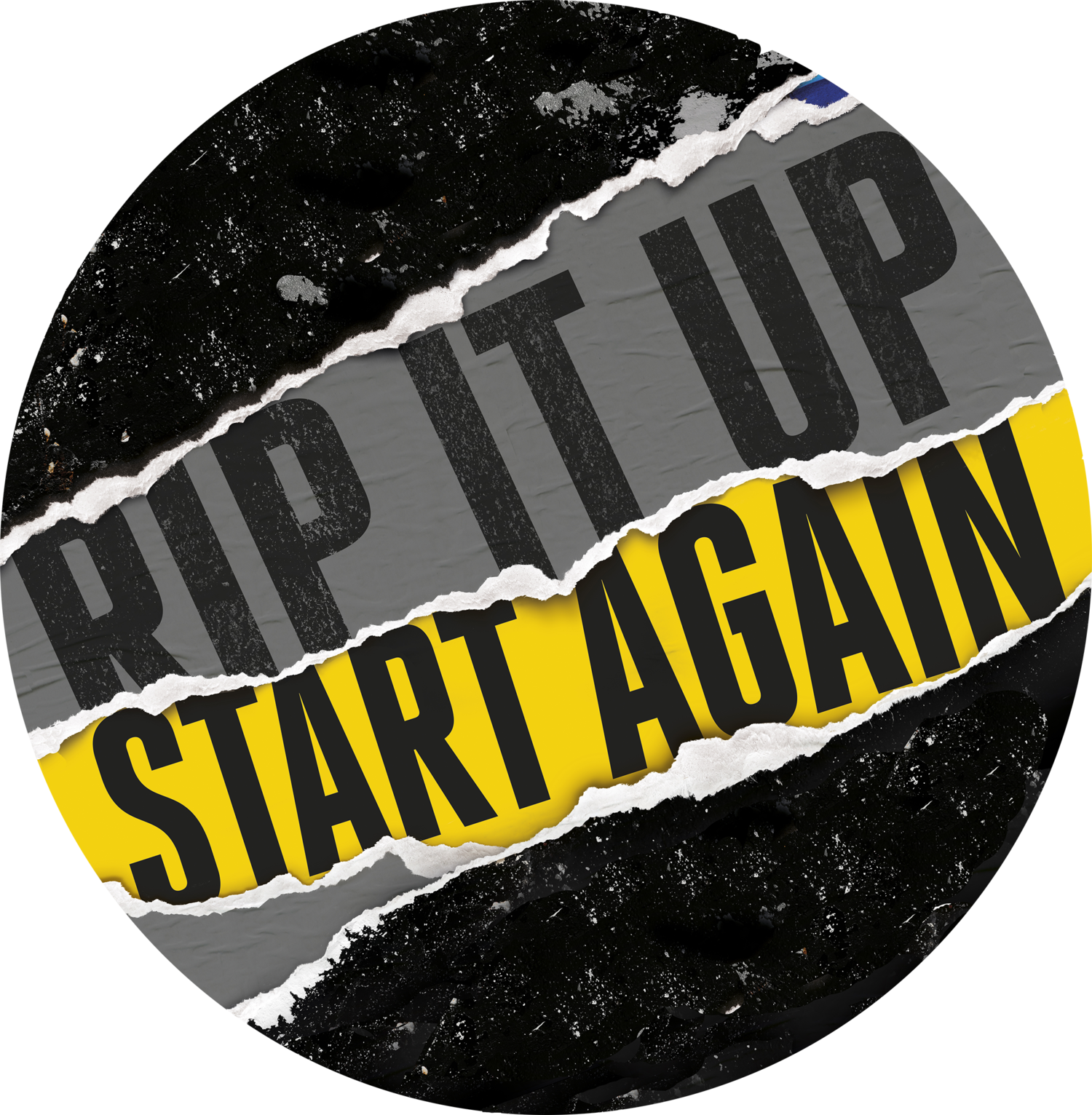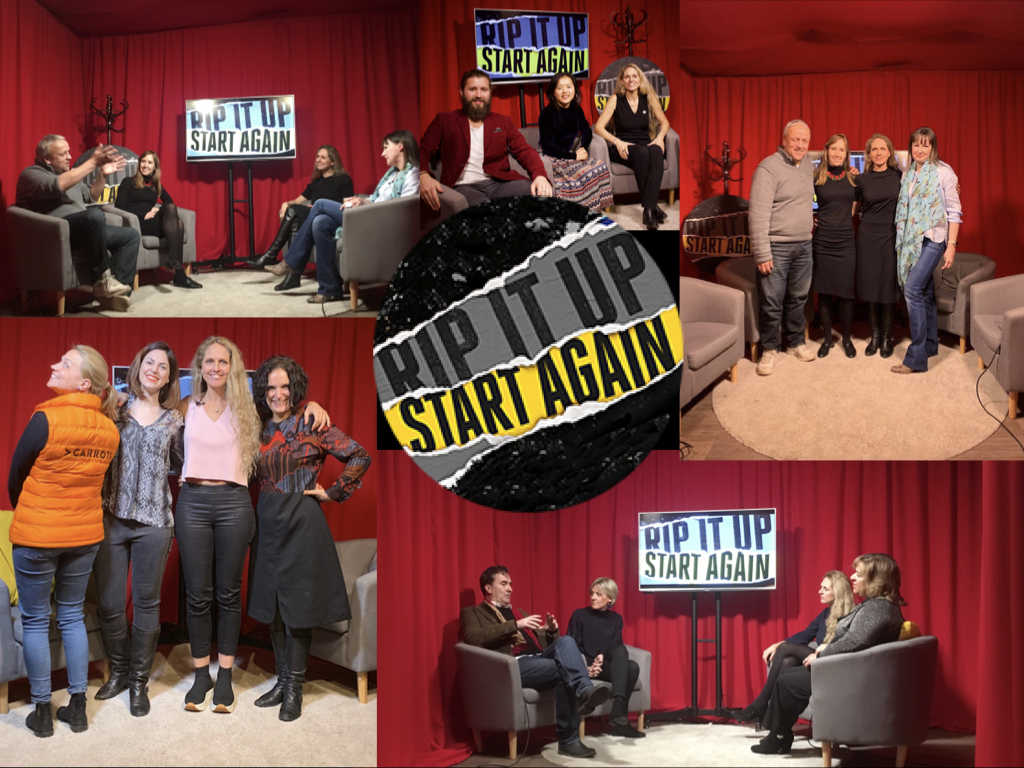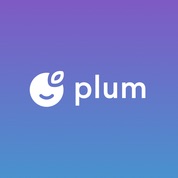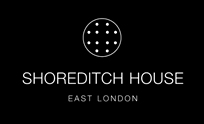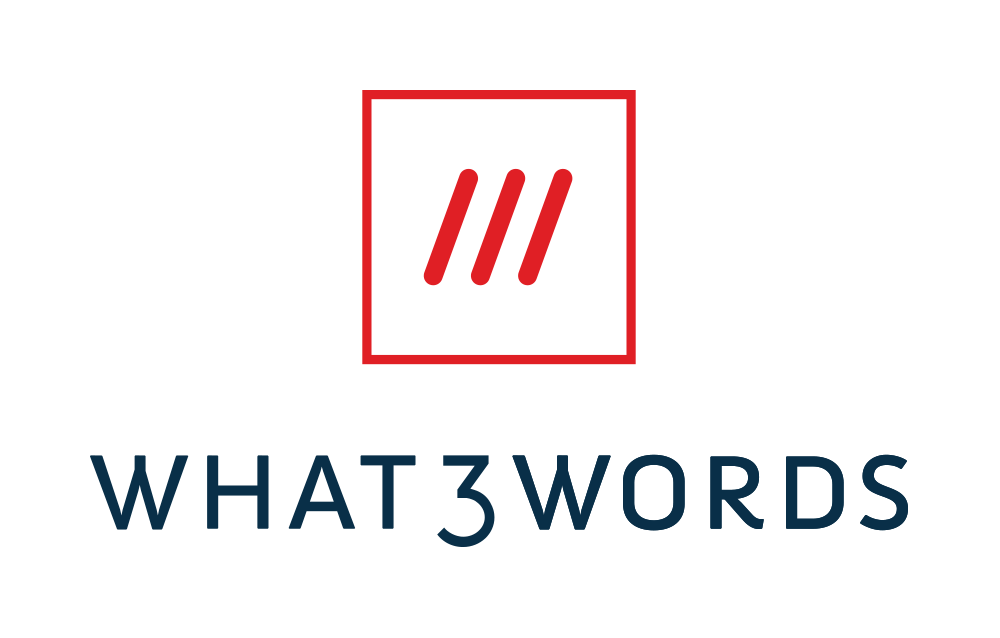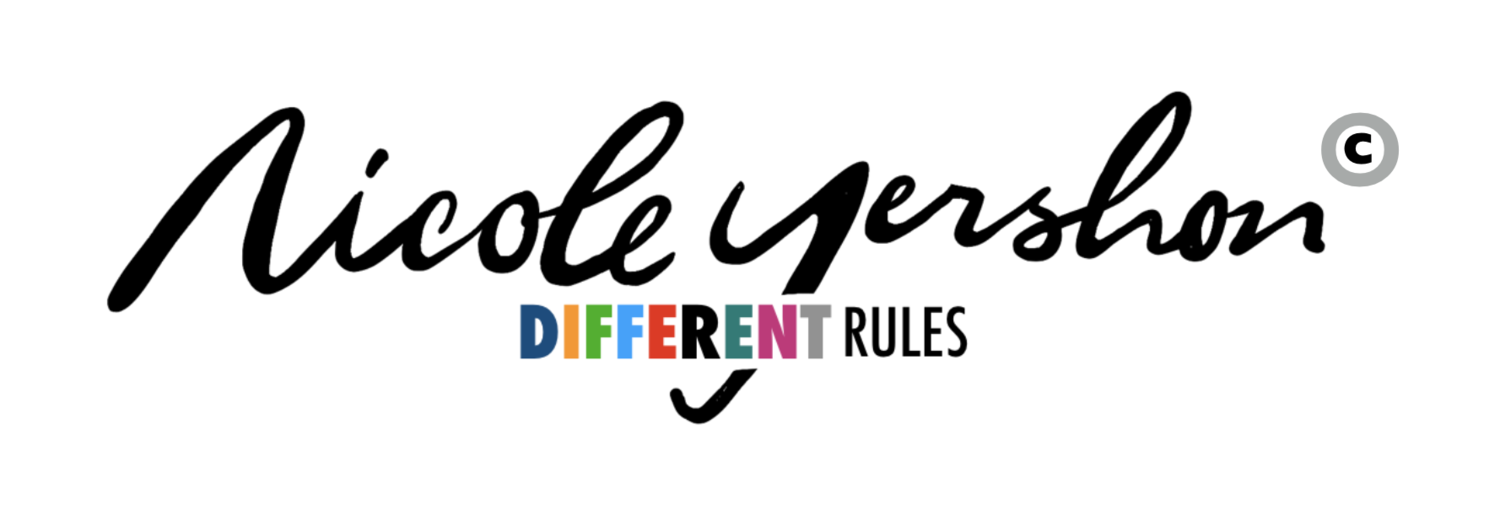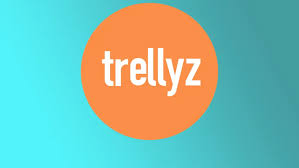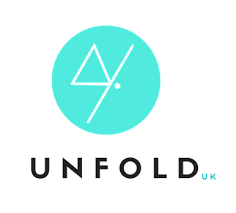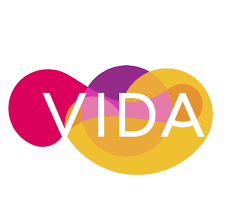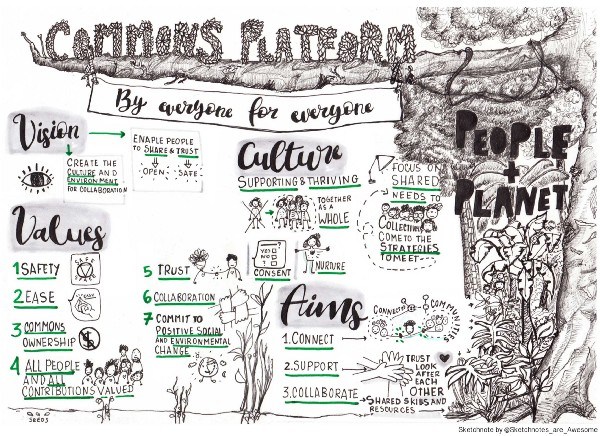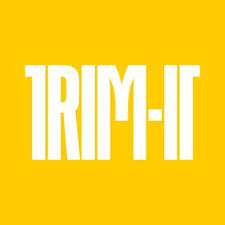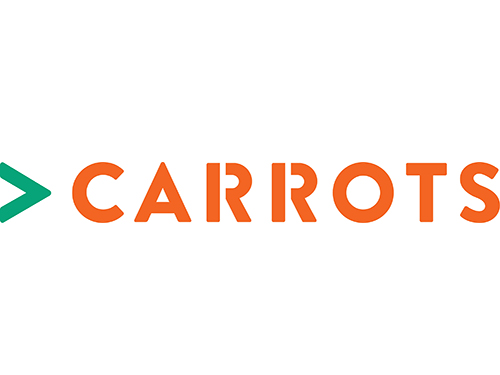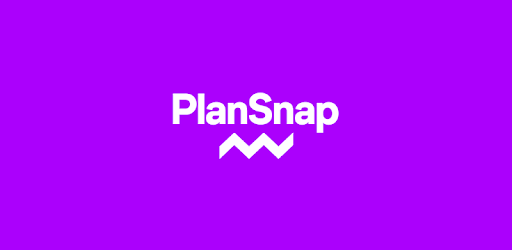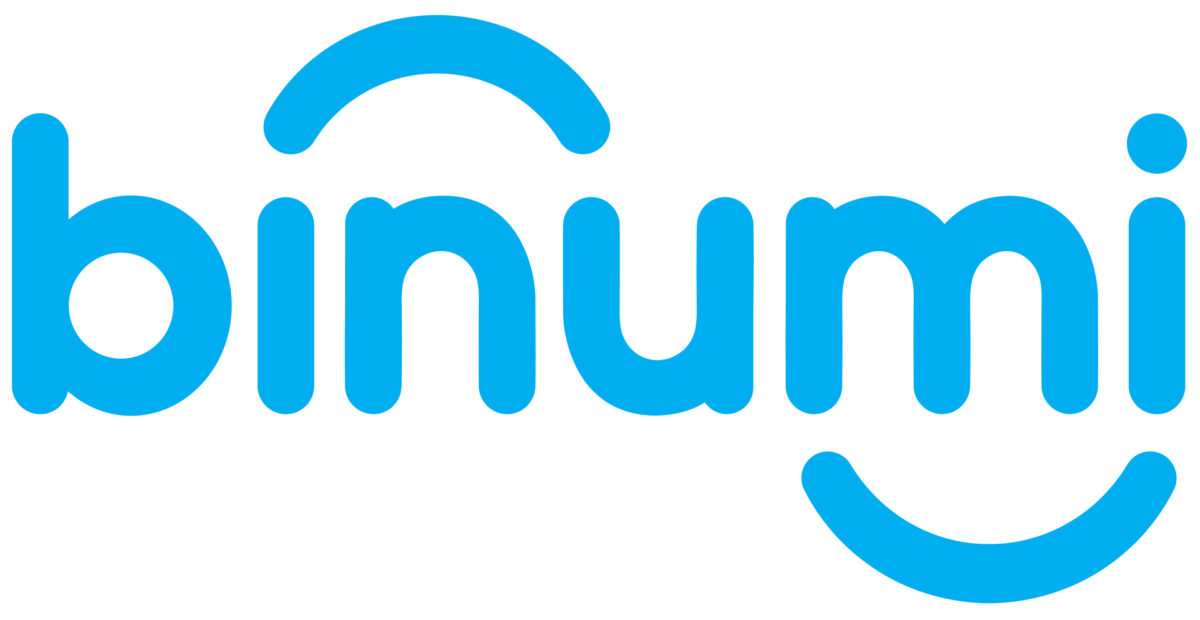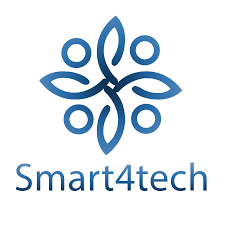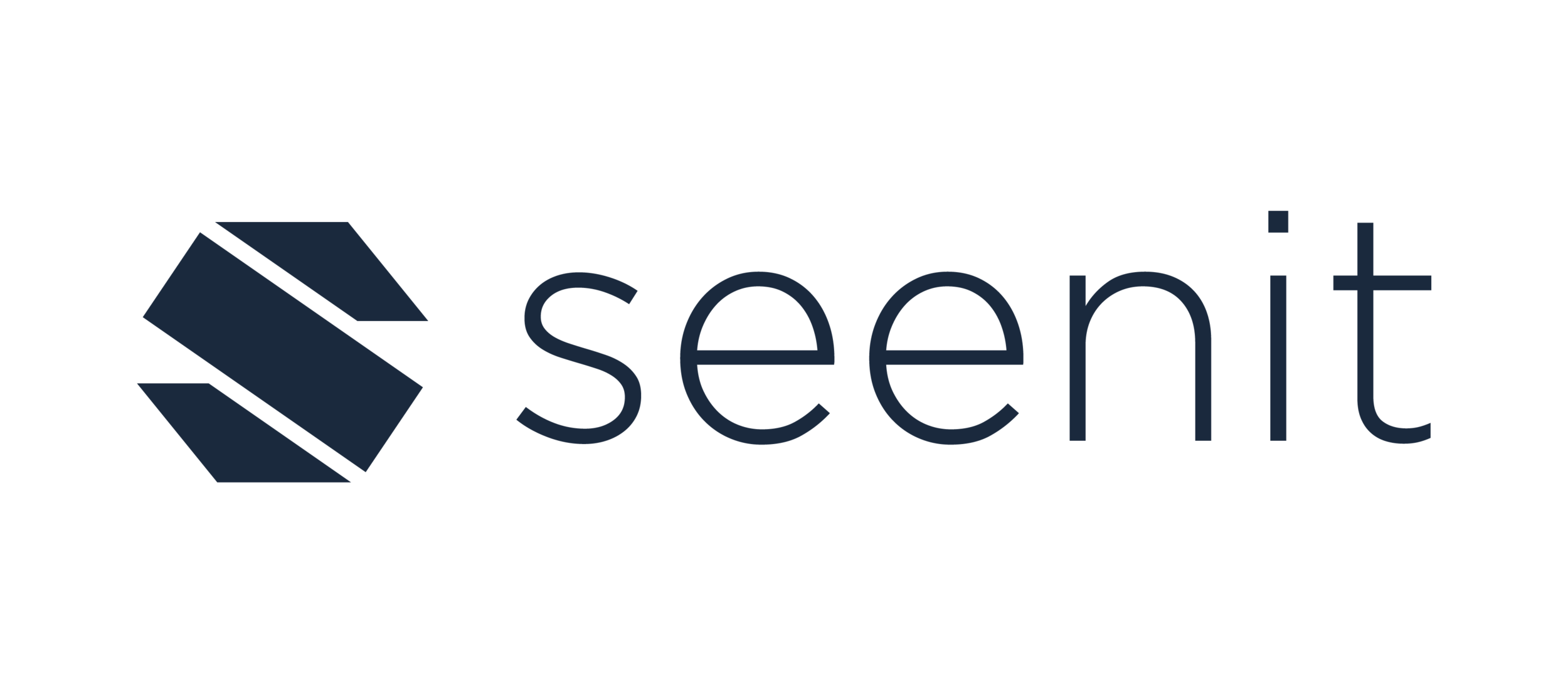Finance Panel - London Tech Week - Rip It Up @ Paddington Works
/Rip It Up, Start Again have partnered with Paddington Works to bring you disruptor stories from some of the most exciting startups during London Tech Week 2019. Hosted by Lulu Laidlaw-Smith, this includes a series of five-minute overview and backstory from entrepreneurs followed by an interactive Q&A, keynote speakers and interrupters.
Finance Panel - Max Rofagha, Derek Rego, Gibran Registe-Charles, Douglas Orr, Georgia Stewart
Max Rofagha - Finimize
Originally from Berlin, Max is no stranger to seeing the world from different angles. After he left high school in Germany, he studied in both the UK and America, before landing in Zurich. It was there that he and a few friends from university started their first company, a multi-category, e-commerce platform with discounts on almost everything. The company grew incredibly quickly, and became the second-largest e-commerce company in Switzerland, only after Amazon. Then, in 2015, Max and his partners sold the company to a large Swiss media house, bringing that chapter to close. It was while Max was living in Zurich that he had the idea for Finimize, his current company. He was a young guy in his 20s, had managed to put away quite a bit of money into a savings account over the last five years, but then realised he had no idea what to do with it. After asking around friends who worked in finance,, it seemed that they too weren’t really sure what to do, even with their own money. So he went to a professional advisor at a Swiss bank, asked the same questions, only to be given pamphlet after pamphlet of options with the bank logo on the corner. They weren’t trying to help him – they were trying to sell their brand to him. Finally, he took to Google. He soon found that there really wasn’t much guidance out there for people like him. And so he created Finimize. The idea was to empower his generation to become their own financial advisors by first, giving people content that helps educate them and second, pair them with a community of like-minded people who have similar financial goals. With over 400,000 community members worldwide, Finimize meet-ups are happening all over the globe from LA to NYC, to Europe, Africa and Australia. Find out more at https://www.finimize.com/.
Derek Rego - CreditEnable
Derek currently works at CreditEnable, a global credit and insight technology company that provides credit and loans in the SME market. If you had told him three years ago where he was going to be today, he probably wouldn’t have believed you. Originally from Pakistan, Derek moved around between America and the UK for several years before settling in with Citibank and staying with them for 25 years. He was the global CIO for Treasury and Trade Solutions, moving money around for very large corporations, financial institutions, and governments. Realistically, he was comfortable with his job. He never thought there would be a day that he wanted to leave Citi. But Derek started feeling like he had accomplished all his ambitions, and then some. He realised he wasn’t getting enough fulfillment from the job, despite the fact that he was doing it very well. If he couldn’t give 120%, he decided it was time to for some distance. Without warning, he quit his job at Citi and went on garden leave for three months. Following that, he began working with a platform centred around strengthening smaller banking systems in Singapore, a job that showed him exactly what he wanted to be doing. He was beginning to understand the importance of ‘social responsibility’, and the role that he wanted to play in what that means in financials. He then met Nadia Sood, CEO of CreditEnable, where he is today. Derek and CreditEnable are responsible for giving SMEs the tools they need to be successful, when few others are offering the same thing. Find out more at https://www.creditenable.com/.
Gibran Registe-Charles, Urban Edge Capital
Gibran’s latest endeavours are a true example of how flexibility is vital in the world of finance. After success working with the European parliaments on economic and political advising, Gibran was ready to put his focus back into local communities — predominantly black neighbourhoods that would benefit from assistance with finance and saving money. He came up with Cap:Ratio, which would in theory provide people access to ETFs from as little as £20. On paper, the concept was brilliant. Magazines featured him, and the awards started coming in. However, as the numbers of sign-ups grew, Gibran and his team realised that their books were going into the red and fast. Suddenly, VCs were rejecting them. Nothing was adding up, and the cost of acquisition was increasing at a staggering rate. It was clear that the more people that came on board, the more money the company would lose. On the outside, everything looked excellent and successful, moving towards being worth close to £4 billion. Gibran knew he was quickly losing control of things, and needed to come up with some kind of solution. After a brief panic attack, and a pep talk from one of his partners, he understood how to keep the core of what the company was going to be about, with just a slightly tweaked business model. So he decided to scrap it, and start a long/short equity hedge fund and foundation, with 10% of profits going into the foundation and funneled back into the communities that he wanted to help in the first place. While it was a rocky start, Urban Edge Capital is now on its way to being worth £2 million. Find out more at https://www.linkedin.com/company/capratio/.
Douglas Orr, Novastone Media
Douglas is the founder of three different companies, all of which he has successfully exited. He is now the founder of Novastone, a communications company leading us into the new age of instant messaging for the business world. Globally, companies are realizing the limitations of email and formal correspondence,, and are now embracing social media and the easier format of instant messaging, like WhatsApp and Slack. However, Douglas wasn’t satisfied with the current options. With his background in business, and seeing the shift that is coming, he realised that there needed to be something better to offer businesses that wanted to connect with their clients and with their employees in a more efficient way. Novastone is less formal, quicker and simpler than anything else on the market. Clients currently include HSBC and Barclays, although most of their business is currently in Asia. The company is continually changing in order to keep up with what people need, an attribute that keeps it at the forefront of minds for people in business thinking of joining the wave of embrace for instant messaging. Find out more at https://www.novastonemedia.com/.
Georgia Stewart, Tumelo
Though Georgia grew up wanting to be the next David Attenborough, saving the world through environmentalism, she found herself at Cambridge University discovering the world of financial eco studies, most importantly, divestment. Organisations and universities around the world invest their endowments every year in incredibly opaque ways, prompting people like Georgia and her friends at university to create a conversation about how that money could be invested in a manner that promotes environmentalism and activism. She spent three years trying to encourage a change, working with other schools such as Oxford and Harvard, and even the state of Hawaii. In that time, divestment became the centre of a very large, global agenda. All over the world, organisations, schools, and communities were following the divestment path, moving their money into more transparent and sustainable investment. While these were large entities with a lot of money, Georgia saw that the change happened because of everyday people, everyday activists. She then founded Tumelo, an investment app that gives power back to everyday people to put their money into companies and organisations that align with their political and moral beliefs — whether its environmentalism, gender equality, or human rights. With a focus on transparency and sustainability, Tumelo is giving people the tools they need to not only actively support companies they believe in, but also better understand their finances. Find out more at https://www.tumelo.com/.
Q&A Highlights
On sustainability and how do they see their company moving forward?
Douglas - “We started our business in terms of business to client relationships, we’re now turning to the internal collaboration because we see that the collaborating products that people are given for business are not working out. I’m talking about chat room architecture, love it for software developers…Slack, but when you try and use Slack in a business context, it’s not so good. In fact, people tend to revolt and use WhatsApp instead. So that’s probably the next phase for us.”
Georgia - “We have started out thinking about managing people’s wealth and then focusing on, ‘Well, what happens after they’ve made an investment?’ And for me, I shouldn’t really say this, but I’m not very interested in the wealth management side of our company…what I care about is the influence and actually, the problem in the market is around transparency and influence. Retail investors really don’t know where their money’s going — whether that’s in a fund, in a pension, so transparency is an issue. And where they should have power with their money, they don’t. Looking forward for us, really, is allowing anyone to integrate accounts they already have. So if you already have a pension, we’ll give you transparency and influence.”
What strategy was used to build community?
Max - “The honest answer was there was never a strategy in place and it kind of just happened. So what happened was we one day decided, hey, why don’t we meet some of our users — we had, I don’t know, tens of thousands back then, so a bit smaller. We met in a pub in Shoreditch, and had a fairly good turnout. Then we thought, why don’t we do more of these events, where we get to meet our users and they get to meet each other. So we started hosting loads of events, started publicizing them, and then people started reaching out to us saying, “Can you do this in New York or can you do this in Lagos, Nigeria?” And we would say we’d love to, but we can’t just fly all over the world now hosting events…but you can do it for us, you can do that with your own community locally.”
How does the company make money?
Georgia - “So we make money two ways: at the moment, we technically are a wealth management platform, so you can invest in a sustainable portfolio through our mobile app. So we take an assets under advice fee from investors, so for my mum (for example) who might put in £100 pays 1% including your fund and transaction fees. That is one way we make money. The second way is really through data monetization. If you think about Facebook, for example, they dropped like 48 billion in market cap overnight when shareholders disagreed with the vote and they were kind of revolting against Zuckerberg, which is really down to mismanagement of shareholder expectations, so there’s obviously a huge opportunity for us there to close the gap between retail shareholders and the companies.”
